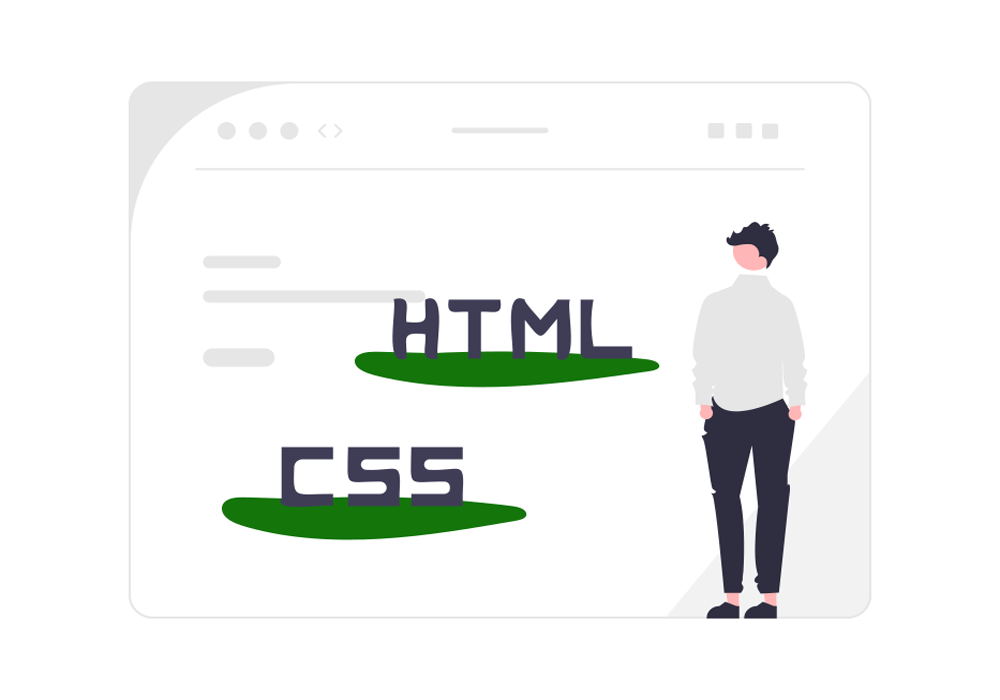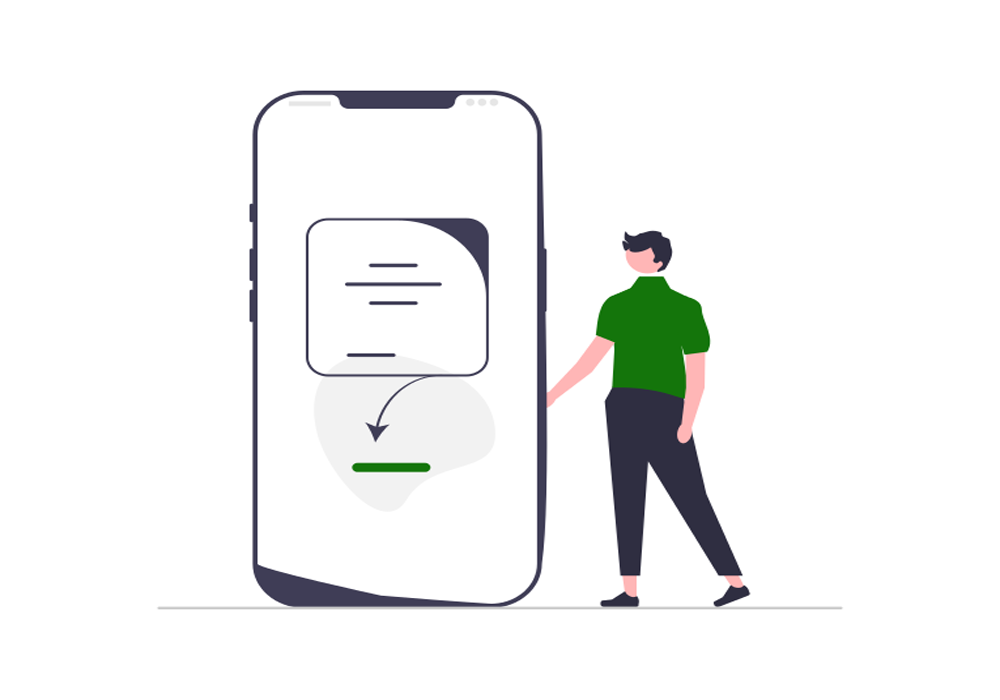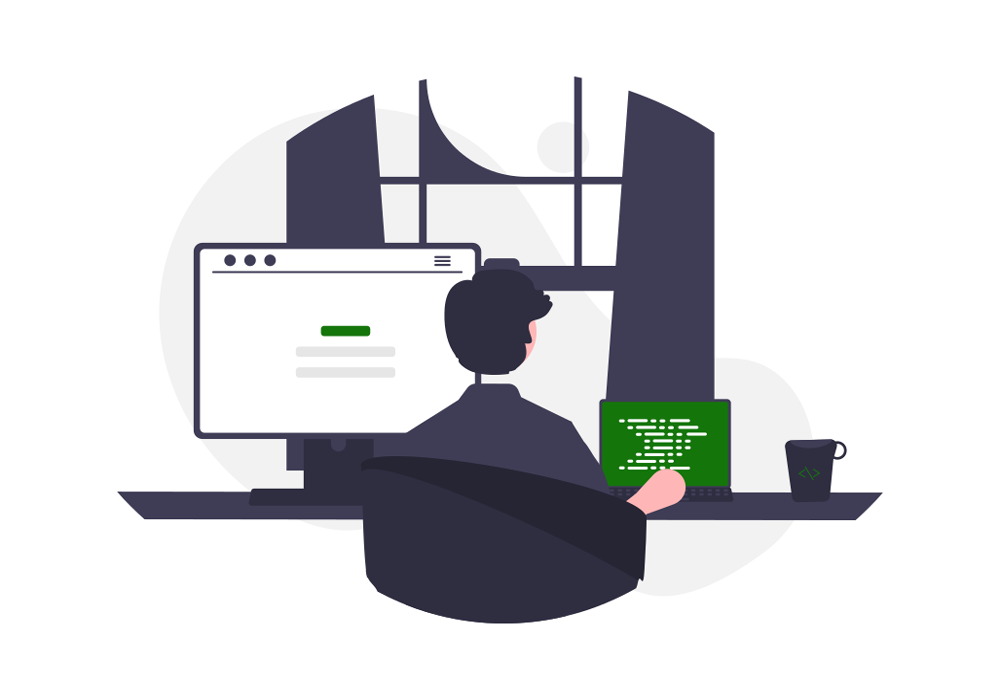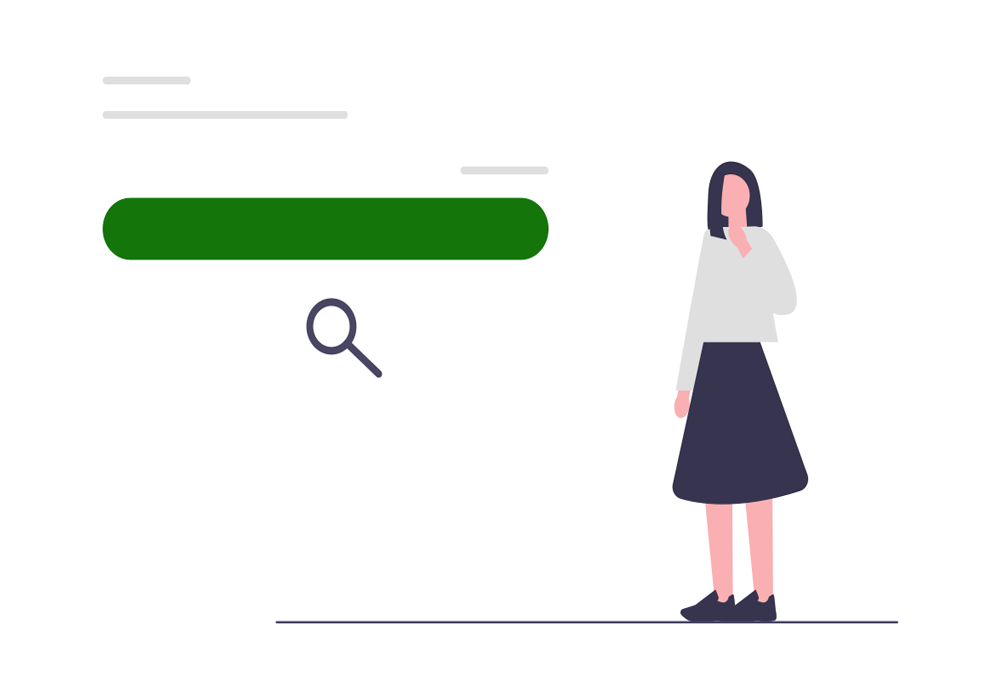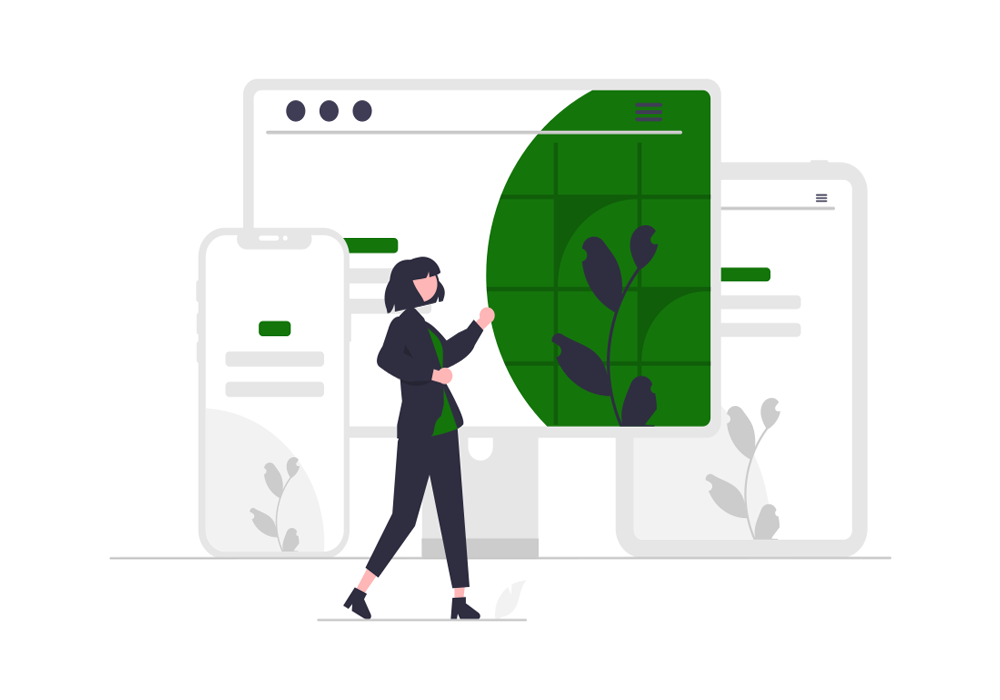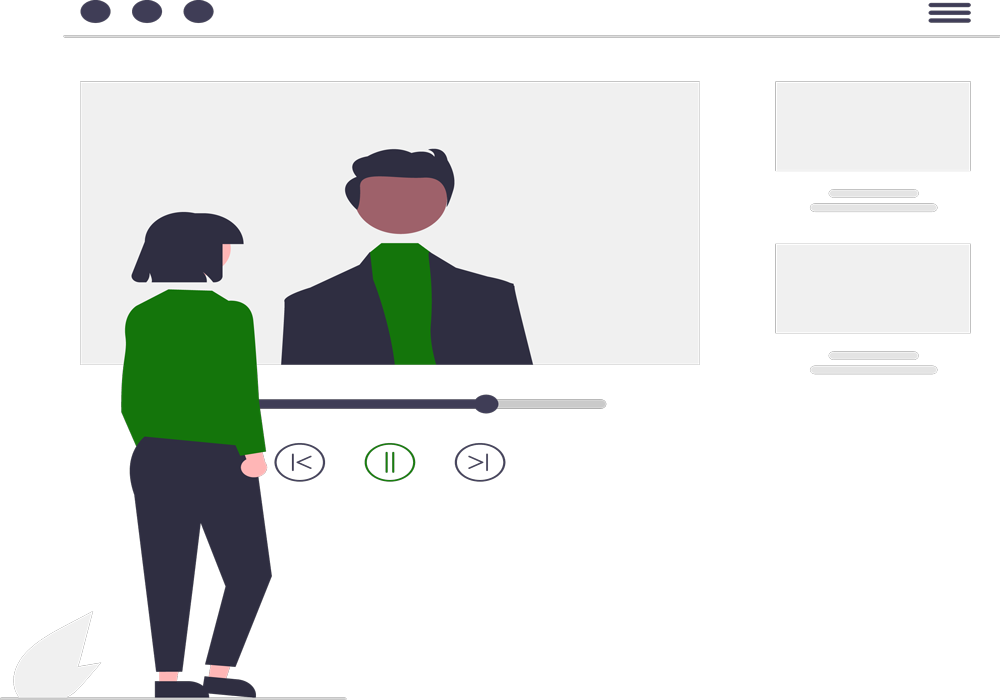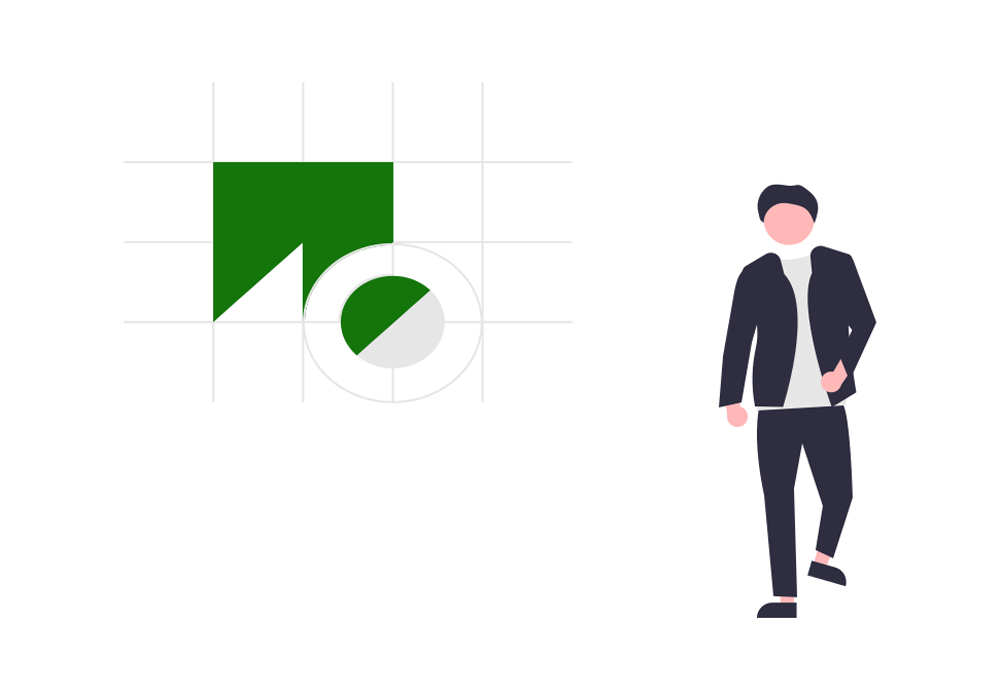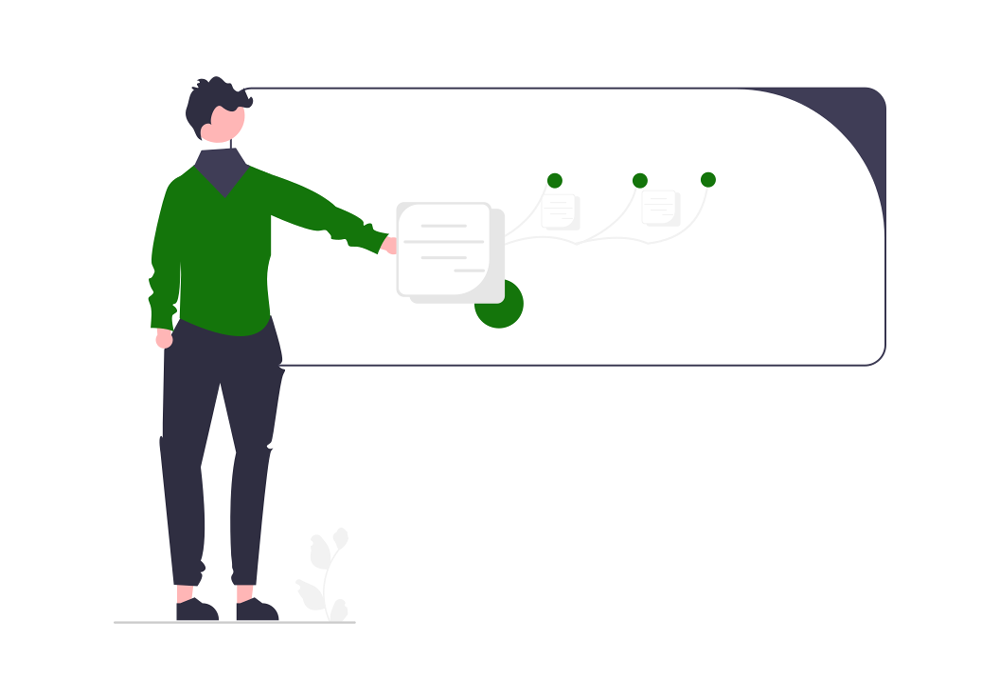1. Affordable
Internet advertising is much more cost-effective than print, banner, and media advertising. Also, because you use a CMS or content management system, you can easily make any changes you need to your content in an instant.
2. More demographic access
As opposed to having a shop, company, or a small local office, a website will be your official representative all over the world! No local and geographical restrictions! On the other hand, due to the large population around the world, you have the opportunity to display your products to a much larger community and sell more. One of the most important benefits of having a website is that it can not be ignored!
3. Earn commercial credibility
If you have a professional, user-friendly website with a beautiful and attractive appearance, your customers and users will give your company and brand much more credibility than companies that have a weak presence on the Internet or no presence at all! This can also be a good answer to the question of what is the benefit of having a site!
4. Availability on a 24-hour basis
The benefits of having a website are clear in this section! Everyone in the world has access to your information, products, and services 24 hours a day, without any time limit, and this situation is definitely better than a shop only having a storefront, which is open at certain hours of the day!
5. Consumer convenience
In addition to the benefits of having a website, I mentioned above, it allows your consumers and customers to access your products at any time of the day and night and meet their needs at the earliest opportunity! a happy customer means guaranteed revenue.
6. Significantly increases sales having a website
With the increase of the audience, the increase of the hours of access to your products and services, and the ease of using your facilities by the website, your sales will also increase. Increasing the sales of your business is one of the benefits of having a good website.
7. Strengthen customer relationship and customer service
Having an online presence and having a website strengthens the relationship between you and your customers, which will increase customer loyalty and attract more contacts to your business. Offering special offers and good discounts to regular and loyal customers will make them know that you have a special value and respect for them. So, what is the use of having a site? Attracting and retaining special and regular customers, which will be profitable for you!
8. Having better opportunities to compete in the market
Your competitor may have a website and make the most of the benefits of having a website! So having a website for your business is a must to get ahead of them and have the power to compete!
9. Create a customer database
Connecting your customers and consumers through the website can help you build a customer database. For any company and business, having a series of information and customer base is very, very valuable, which can be a good answer to the question of what is the benefit of having a site!
10. Targeted marketing
Website design with a goal and strategy, can eventually attract its specific target audience and easily offer its products and services to them, which is also one of the benefits of having a website for business owners.
What businesses would benefit from having a mobile application?
1. Retail and E-Commerce:
Mobile apps can provide a personalized shopping experience, enabling customers to browse products, place orders, and make payments easily. Push notifications can be used to inform customers about sales, discounts, and new arrivals, increasing engagement and sales. Apps can also offer loyalty programs, wish lists, and seamless integration with mobile payment options, enhancing the overall shopping experience.
2. Food and Beverage Industry:
Restaurants, cafes, and food delivery services can benefit from mobile apps by allowing customers to browse menus, place orders, and make reservations. Features like real-time order tracking, customized food options, and easy reordering can improve customer satisfaction and loyalty.
3. Health and Fitness:
Mobile apps in the health and fitness sector can provide users with workout routines, nutrition plans, and progress tracking. They can also incorporate wearable device integration for real-time health data collection. Push notifications can remind users to exercise, drink water, and stay active, fostering consistent engagement.
4. Travel and Hospitality:
For hotels, airlines, and travel agencies, mobile apps can simplify booking processes, offer virtual tours of accommodations, and provide travel itineraries. Apps can also include maps, local recommendations, and emergency information, enhancing the overall travel experience.
5. Banking and Finance:
Mobile banking apps allow customers to manage accounts, transfer funds, pay bills, and even invest. Enhanced security features like biometric authentication can increase user confidence in using financial apps, leading to higher customer satisfaction.
6. Entertainment and Media:
Apps for streaming services, gaming, and digital content distribution can provide users with on-the-go access to their favorite movies, music, games, and news. Interactive features like quizzes, polls, and user-generated content can drive engagement.
7. Real Estate:
Mobile apps can provide virtual property tours, property search filters, and agent contact options for potential buyers and renters. This can streamline the property search process and provide easy access to property information.
8. Education and E-Learning:
Educational institutions and e-learning platforms can use mobile apps to offer online courses, quizzes, and educational content. Push notifications can remind students about upcoming assignments, lectures, and exams.
9. Service-based Businesses:
Mobile apps for service-based businesses such as beauty salons, spas, and car repair shops can allow customers to book appointments, view availability, and receive notifications about appointment reminders and service updates.
10. B2B Companies:
Businesses that offer products or services to other businesses can benefit from mobile apps for order tracking, inventory management, communication, and collaboration. Apps can streamline processes and improve communication between partners.
Remember, the key to a successful mobile app is to tailor its features and functionality to the specific needs and preferences of your target audience. Regular updates, user-friendly design, and excellent customer support are also crucial factors in maximizing the benefits of a mobile application for your business.
Why must have a Website for your business
The point of having a website can be like an advertising brochure for you, even though with much more features than a brochure. Using the website, you can easily introduce your products to your users, inform them of the latest changes, provide them with the required information, and collect their comments and suggestions. You can also allow others to post comments by creating a discussion forum on the website. The website can also be used to create effective communication between the members of an organization so that any member, wherever they are, can access the information they need through the organization's website, be informed of the latest news and the latest changes.
In fact, you can use a website as an important part of the information system and each group of people has access to information about their access level. This means that the information that employees receive from the site is different from the information of managers and different from the information that visitors outside the organization receive from the site. A website is a good way to provide various information about the products and services that the company offers to its customers. Without the customer having to visit you at a specific time or contacting you, they can visit the site wherever they are and get the information they want.
By designing a top-of-the-line website for your business, you can easily publish information about new products without the need to print new brochures and advertisements. The design of the site largely depends on the uses of the site and the needs of its users. If the needs of users are not considered in the design of the site or the needs are not clearly identified, the site should not be expected to have the necessary performance.
Using server-side programming languages such as PHP and Asp, and using databases and databases such as MySQL, and techniques such as Ajax and JavaScript, it is possible to design sites with different user types in mind. But in designing sites, these facilities should be used in the right place to meet the needs of end-users. We provide these facilities for you with an expert team Contact us at WebPointer to design an efficient and user-friendly site.
















